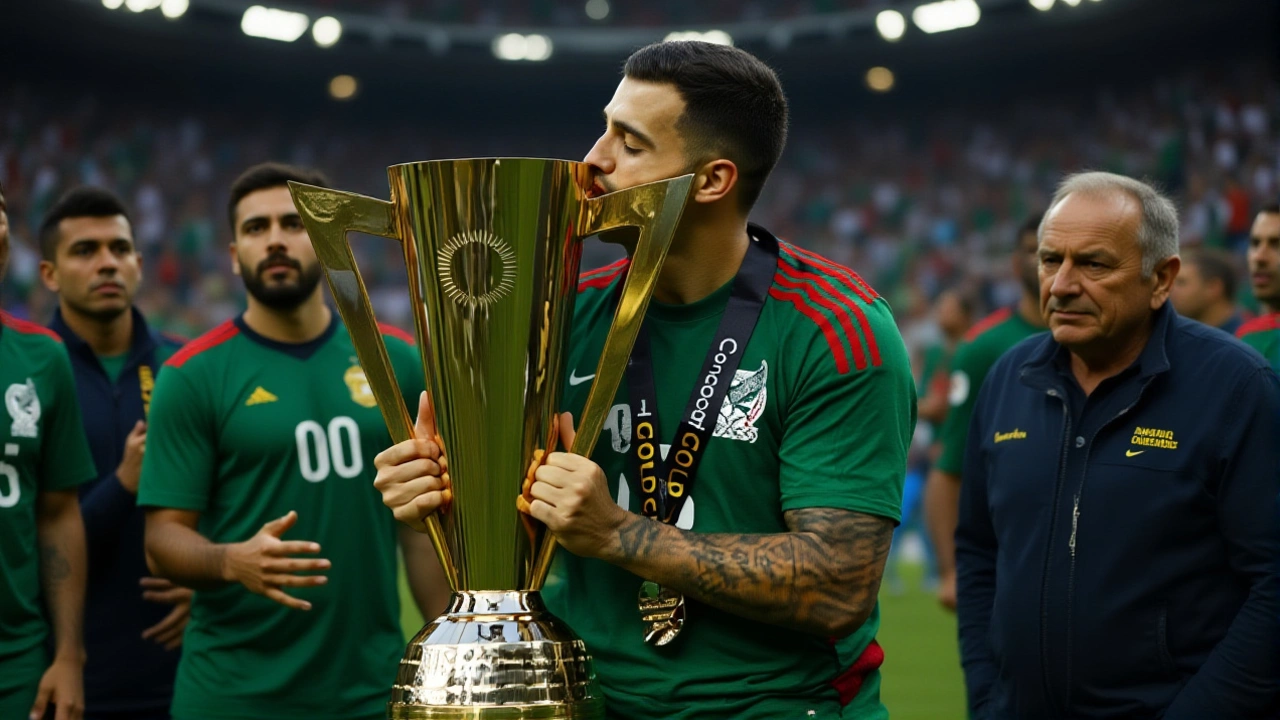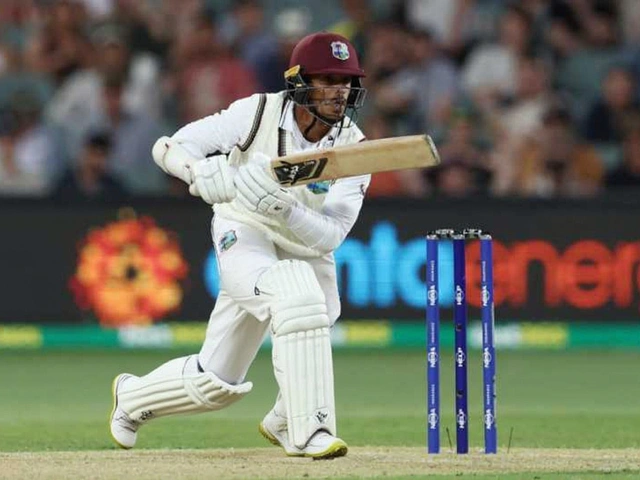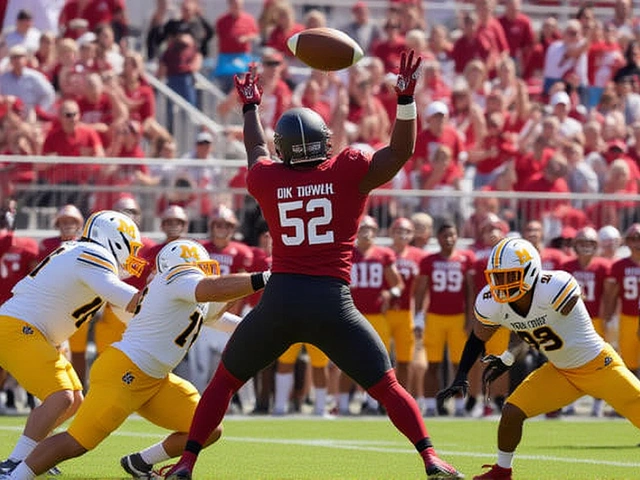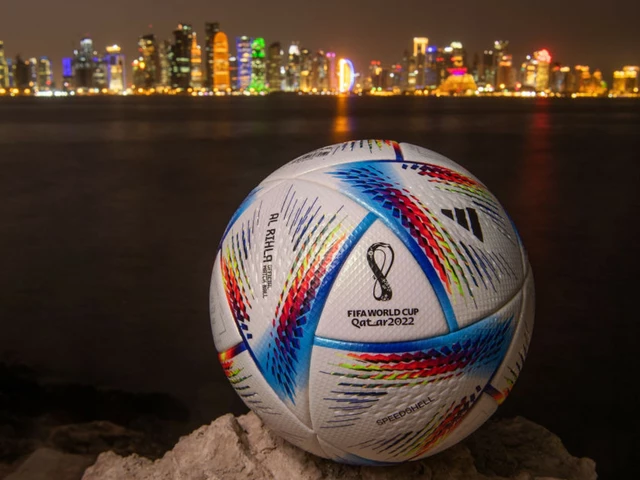The CONCACAF has officially unveiled the full match schedule for the 2025 CONCACAF Gold Cup, setting the stage for the most anticipated soccer tournament in North America, Central America, and the Caribbean this summer. The 18th edition of the biennial championship kicks off on June 14, 2025, with a high-stakes opener between traditional powerhouse Mexico and surprise qualifier Dominican Republic at SoFi Stadium in Inglewood, California. The tournament runs through July 6, 2025, wrapping up with the final at NRG Stadium in Houston, Texas. Tickets go on sale April 17 at 10 a.m. local time at each venue — and fans are already scrambling to secure seats.
Group Stage Breakdown: Rivalries, Upsets, and Regional Showdowns
The draw on April 10 split 16 teams into four tightly contested groups. Group A brings together Mexico — a seven-time champion — with Costa Rica, Suriname, and the Dominican Republic. Don’t be fooled by the underdog labels: Suriname stunned Grenada in qualifying, and the Dominican Republic made history by reaching their first Gold Cup. Group D is the real wildcard: the United States faces Haiti, Saudi Arabia (a rare guest nation), and Trinidad and Tobago. A draw between Saudi Arabia and Trinidad and Tobago in the group stage would be one of the most unusual results in Gold Cup history.
Canada, hosting alongside the U.S., opens Group B against Honduras and El Salvador — both teams that have historically troubled them in regional play. Curaçao, a rising force, adds another layer of unpredictability. Meanwhile, Group C pits Panama and Jamaica against Guatemala and Guadeloupe, a Caribbean team that reached the semifinals in 2023. The real tension? Jamaica vs. Panama — a rivalry that’s seen five straight matches decided by one goal.
Key Match Dates and Venues: Where the Drama Unfolds
The opening weekend is a spectacle. On June 15, the United States takes on Trinidad and Tobago at PayPal Park in San Jose — a venue that drew 50,000 fans for a U.S. men’s national team match in 2023. Later that day, Haiti and Saudi Arabia clash at Snapdragon Stadium in San Diego, where the desert heat and packed stands could make it feel like a World Cup qualifier.
June 21 brings a potential group decider: Curaçao vs. Canada at Shell Energy Stadium in Houston. Canada’s 2023 Gold Cup run ended in the semifinals — they’re hungry to go further. And on June 22, Mexico and Costa Rica meet again, this time in a rematch of their 0-0 group stage draw in 2023. That stalemate still stings for both sides.
By June 24, the group stage ends with two simultaneous matches at Shell Energy Stadium: Panama vs. Jamaica and Guadeloupe vs. Guatemala. If you’re in Houston that day, you’re witnessing history — two matches deciding four teams’ fates, all on one pitch.
The Knockout Stage: A Path to Houston
The quarterfinals arrive on June 28 and 29, with matches spread across four cities: Las Vegas, Arlington, Vancouver, and Austin. The semifinals land on July 2 — one at AT&T Stadium in Arlington, Texas, and the other at BC Place in Vancouver. That’s a rare international match in Canada’s largest city since the 2015 Women’s World Cup.
And then — the final. July 6, 7 p.m. ET, at NRG Stadium. The same venue that hosted the 2017 MLS Cup and Super Bowl LI. It’s the perfect stage for a coronation — whether it’s Mexico reclaiming its throne, the U.S. continuing its dominance, or a new contender like Canada or Jamaica breaking through. The last time the final was held in Houston, in 2019, the U.S. beat Mexico 2-1 in a match that drew 70,000 fans. Expect even more this time.
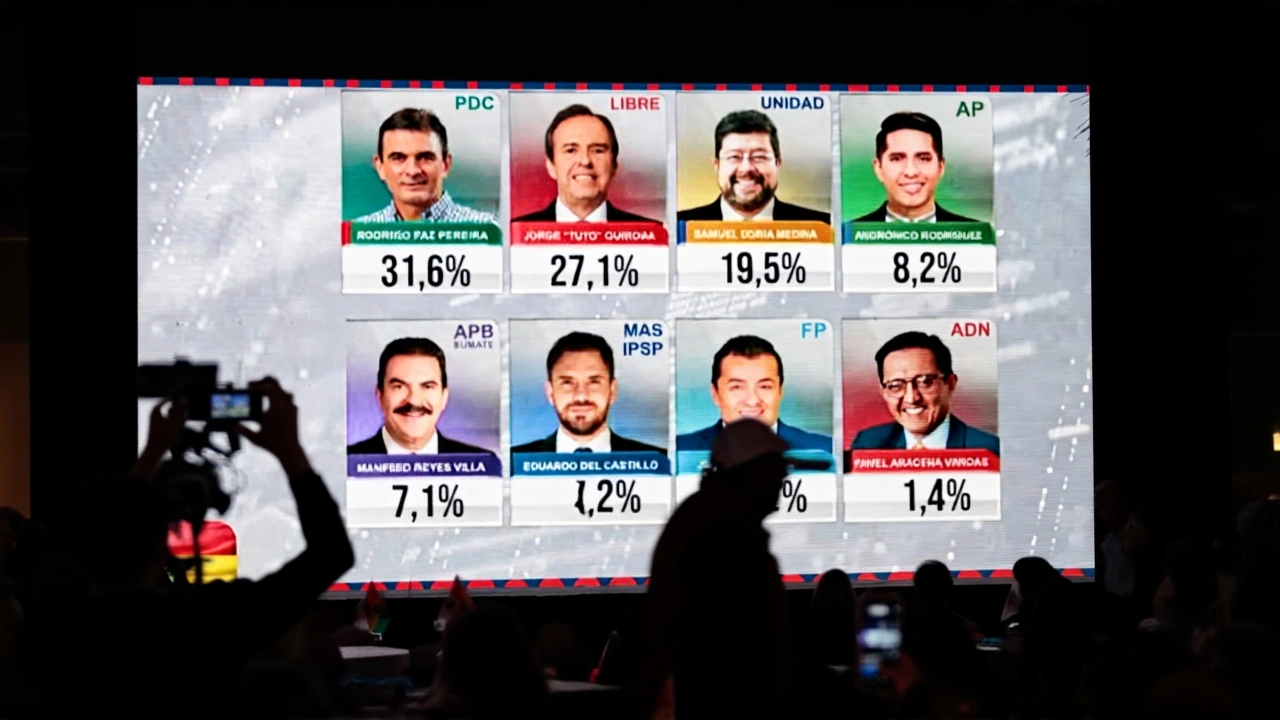
Why This Matters Beyond the Pitch
This isn’t just another soccer tournament. The 2025 CONCACAF Gold Cup is a cultural flashpoint. For Caribbean nations like Suriname and Guadeloupe, it’s a rare spotlight. For Saudi Arabia — invited as a guest team for the third time — it’s a diplomatic and sporting bridge. And for fans in cities like Carson, San Jose, and Austin, it’s a chance to see world-class soccer without leaving home.
CONCACAF’s decision to spread matches across 14 stadiums in 11 cities — from Vancouver to San Diego, from Houston to Las Vegas — reflects a deliberate strategy to grow the game beyond traditional soccer markets. The 2023 Gold Cup drew over 1.2 million fans. This year, with a full slate of U.S. and Canadian matches, plus the buzz around Saudi Arabia’s participation, attendance could top 1.5 million. That’s more than the 2022 FIFA World Cup group stage in Qatar.
What’s Next: Tickets, Transfers, and Tactical Shifts
With tickets going on sale April 17, expect a rush — especially for matches featuring Mexico, the U.S., and Canada. The CONCACAF has partnered with Ticketmaster and local vendors to handle demand, but many games will sell out within hours. Meanwhile, national teams are finalizing rosters. Expect surprises: young MLS prospects, European-based diaspora players, and maybe even a surprise call-up from Saudi Arabia’s domestic league.
Coaches are already tweaking formations. Will the U.S. go with a 4-3-3 to exploit speed on the wings? Will Mexico rely on their midfield control? And will Jamaica’s new coach, who took over in January, finally unlock the team’s potential?
One thing’s certain: the next 60 days will be a whirlwind of hype, analysis, and anticipation. This Gold Cup isn’t just about who lifts the trophy. It’s about who steps onto the world stage — and who gets left behind.
Frequently Asked Questions
How does the 2025 Gold Cup differ from previous editions?
This year’s tournament features Saudi Arabia as a guest nation — only the third time a non-CONCACAF team has been invited, following Qatar in 2021 and South Korea in 2023. It also marks the first time the Gold Cup has been co-hosted by Canada and the U.S. with matches in 11 cities across both countries. The schedule is more evenly distributed than in past years, aiming to boost attendance in markets like Austin and Vancouver that rarely host major international matches.
Who are the favorites to win the 2025 Gold Cup?
Mexico remains the betting favorite, with seven titles and consistent depth. The United States, playing at home for most matches, is close behind — especially with a new generation of MLS stars emerging. Canada, fresh off its 2023 semifinal run, has momentum. But don’t count out Jamaica, which has quietly built one of the most balanced squads in recent memory, or Panama, whose midfield control could trouble any opponent in knockout play.
Why is Saudi Arabia participating in a North American tournament?
CONCACAF invites non-member nations to promote global soccer development and expand its commercial reach. Saudi Arabia’s participation aligns with its broader sports diplomacy strategy, which includes hosting the 2034 World Cup and acquiring European clubs. Their appearance also helps attract Middle Eastern viewers and sponsors — a growing market for soccer. Their group stage match against Haiti will be broadcast in over 40 countries across the Arab world.
What impact will this tournament have on MLS and Canadian soccer?
The Gold Cup acts as a massive showcase for MLS players — over 60% of the 16 participating teams’ rosters include MLS-based athletes. Clubs like LAFC, Houston Dynamo, and Vancouver Whitecaps benefit from the exposure and ticket sales at their home stadiums. For Canada, hosting matches in Vancouver, Toronto, and Montreal helps build momentum ahead of the 2026 World Cup, which they’ll co-host with the U.S. and Mexico. Fan engagement has already spiked 37% in Canadian cities since the draw.
When and where can fans buy tickets?
Tickets go on sale April 17, 2025, at 10 a.m. local time at each host venue’s official ticketing portal. For example, SoFi Stadium sales begin at 10 a.m. Pacific Time, while BC Place sales start at 10 a.m. Eastern Time. A limited number of tickets will be available through CONCACAF’s official website, but most are distributed through local vendors. Expect high-demand matches — like Mexico vs. USA or the final — to sell out within minutes.
How does the group stage format work?
Each of the four groups has four teams, playing a round-robin format — three matches per team. The top two finishers in each group advance to the knockout stage. Tiebreakers follow FIFA standards: points, goal difference, goals scored, head-to-head result, and fair play points. No draws in the knockout rounds — if tied after 90 minutes, it goes to extra time and then penalties. The format rewards consistency, not just one big win.
